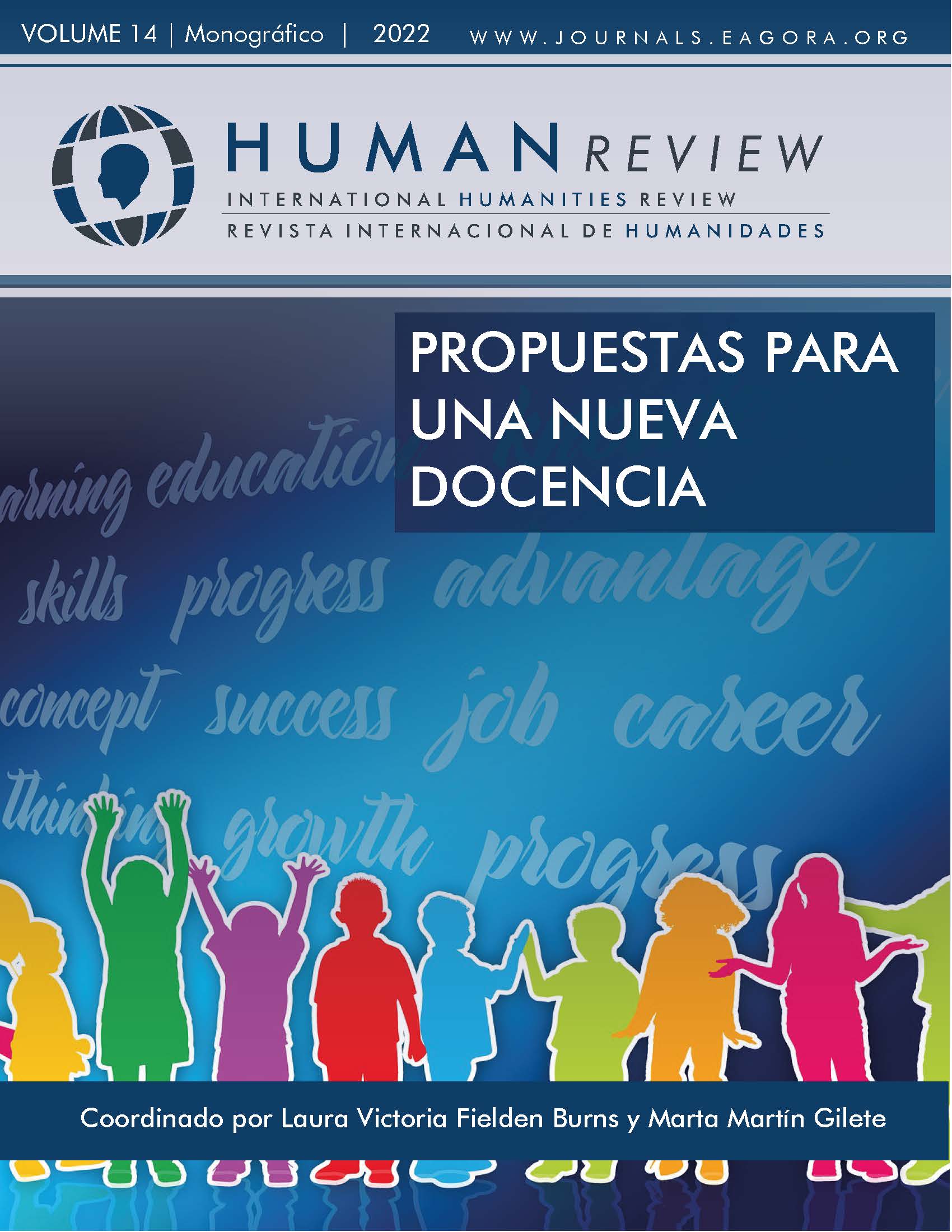Teaching of second-degree equations in a competence framework
Enfoque didáctico y estudio exploratorio
Keywords:
Secondary School, Equation, Mathematics, Didactic, Competencies, Algebra, SimulationsAbstract
This paper presents a review of the different approaches to teaching the second-grade equation for Secondary Education that are conjectured to be necessary to increase the quality of learning with the rigour and treatment required, highlighting the value of this topic itself and its applications. In addition, the results of an exploratory descriptive study accomplished on the knowledge of the second-grade equation of Secondary Education students are provided to finally draw the conclusion that their knowledge was not consolidated, and changes are needed.
References
Alfieri, L., Brooks, P. J., Aldrich, N. J., & Tenenbaum, H. R. (2011). Does discovery-based instruction enhance learning? Journal of Educational Psychology, 103(1), 1–18. https://doi.org/10.1037/a0021017
Alsina, C. (2009). Los distintos iguales. La Gaceta de la RSME 12 (3), 557-571.
Bjork, E. L., & Bjork, R. A. (2014). Making things hard on yourself, but in a good way: Creating desirable difficulties to enhance learning. In M. A. Gernsbacher and J. Pomerantz (Eds.), Psychology and the real world: Essays illustrating fundamental contributions to society (2nd edition). (pp. 59-68). New York: Worth.
Boyer, C. B. (1987). Historia de la matemática. Alianza.
Borromeo-Ferri, R. (2018). Learning How to Teach Mathematical Modeling in School and Teacher Education. Springer International Publishing.
Blum, W. & Leib, D. (2007). How do students’ and teachers deal with modelling problems? In: Haines, C. et al. (eds), Mathematical Modelling: Education, engineering, and Economics. (pp. 222‐231). Chichester: Horwood Publishing.
Dweck, C. (2017). Mindset: La actitud del éxito. Sirio SA.
Engel, S. (2011). Children’s need to know: Curiosity in schools. Harvard Educational Review, 81 (4), 625–645. https://doi.org/10.17763/haer.81.4.h054131316473115
Engel, S. (2015). The hungry mind the origins of curiosity in childhood. Harvard University Press.
Giaquinto, M. (2007). Visual Thinking in Mathematics: An Epistemological Study. Oxford University Press.
Hardy, G. H. (1940). A Mathematician’s Apology. Cambridge University Press.
International Geogebra Institute (2022). http://www.geogebra.org.
Masapanta, S. y Velázquez, J. (2017). Primeros pasos para una mejora en el uso de la taxonomía de Bloom en la enseñanza de la informática. Revista Iberoamericana de Informática Educativa, 26, 1-12.
Microsoft Math (2022). Microsoft Math Solver. https://math.microsoft.com/es
Perkins, D. (2008). Making Thinking Visible. Educational Leaderchip. Teaching students to think, 65 (5), 57-61.
PhEt Interactive Simulations (2022). Simulaciones. Modelo de Áreas: Álgebra. https://phet.colorado.edu/es/simulations/area-model-algebra
Photomath (2022). https://photomath.com/es
Puttaswamy, T. K. (2012). Mathematical achievements of pre-modern Indian mathematicians. Newnes.
Loh P. S. (2019). A simple proof of the quadratic formula. arXiv:1910.06709v2 [math.HO]. https://doi.org/10.48550/arXiv.1910.06709
Radford, L., & Guérette, G. (2000). Second degree equations in the classroom: A Babylonian approach. Paleontological Society Papers, 6, 69-76.
Ramos, L., Guifarro, M. y Casas, L. (2021). Dificultades en el aprendizaje del álgebra, un estudio con pruebas estandarizadas. Bolema, Rio Claro (SP), 35 (70), 1016-1033. http://dx.doi.org/10.1590/1980-4415v35n70a21
Recomendación del Parlamento Europeo y el Consejo, de 22 de mayo de 2018, sobre las competencias clave para el aprendizaje permanente. Diario Oficial de la Unión Europea C189/1, 04 de junio de 2018. https://eur-lex.europa.eu/legal-content/ES/TXT/PDF/?uri=OJ:C:2018:189:FULL
Ruiz Martín, H. (2020). ¿Cómo aprendemos? Una aproximación científica al aprendizaje y la enseñanza. Graó.
Scratch (2022). https://scratch.mit.edu/
Socas, M. M. (2011). La enseñanza del Álgebra en la Educación Obligatoria. Aportaciones de la investigación. Números. Revista de Didáctica de las Matemáticas, 77, 5-34.
Trujillo-Segoviano, J. (2014). El enfoque en competencias y la mejora de la educación. Ra Ximhai, 10(5),307-322. https://www.redalyc.org/articulo.oa?id=46132134026
von Stumm, S., Hell, B., & Chamorro-Premuzic, T. (2011). The hungry mind: Intellectual curiosity as third pillar of academic performance. Perspectives on Psychological Science, 6, 574-588. https://doi.org/10.1177/1745691611421204
Zapata-Ros, M. (2015). Pensamiento computacional: Una nueva alfabetización digital. Revista de Educación a Distancia (RED), 46(4). https://doi.org/10.6018/red/46/4

